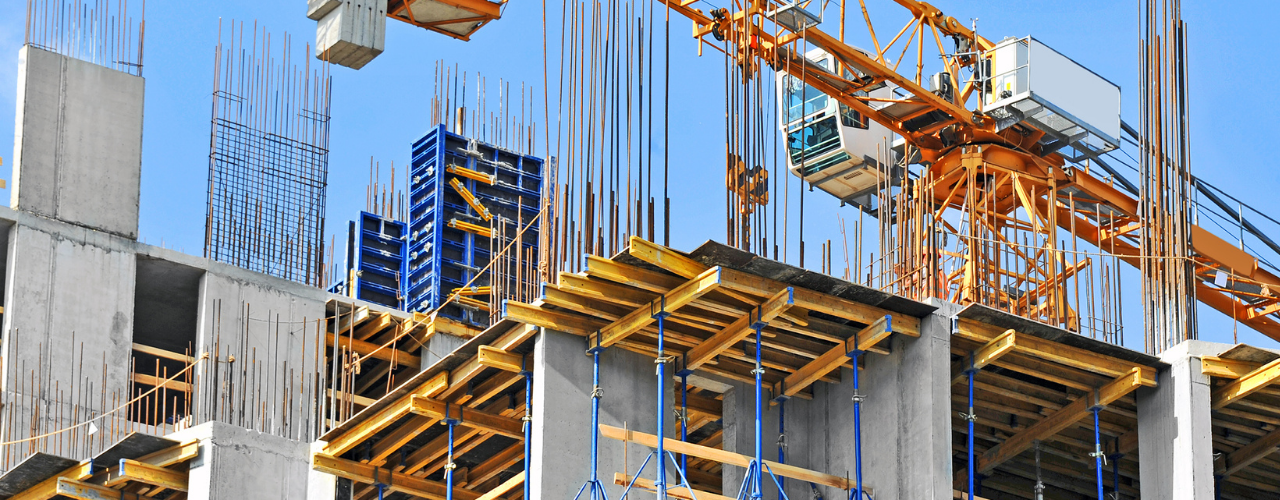
Since the Sunday Business Post revealed how an investment fund had bulk-bought 135 homes in Maynooth, this particular distortion in the Irish housing system has been at the centre of our public and political discourse. It seems as if the Government were surprised by the level of public opprobrium, as a steady flow of back-benchers were dispatched to reassure us that this type of purchase was a rarity. That already flimsey narrative was further weakened as story after story broke of what people have come to realise is not a new development. The housing game was rigged!
Even for those who played by the rules.
A decade into the most recent Irish housing affordability and homelessness crisis, few adjectives or perojatives have not be used. We want to propose a new word for describing these events: apocalyptic.
At this stage, it is accurate in describing the sense of total destruction and devestation being wrought. From the numbers of children without a home, to the stratospheric rental costs, to the purchasing prices stretching far beyond the reach of ordinary salaries, and with the potential of a massive rise in these problems after the pandemic, every aspect of this system appears catastrophic.
But when we frame the situation in that way, we miss the most important aspect: the housing system is functioning exactly as it was designed to.
While most people use the word ‘apocalyptic’ to refer to the end of the world, its literal meaning, and how it is applied academically is as a ‘revelation’ or an ‘unveiling.’ The last book of the bible is often called “John’s Apocalypse” not primarily because it tells how history will end but because the story it tells is itself an unveiling, a revealing of how things really are below the surface appearances. With this more technical definition in mind, we start to see how these revelations about investment funds distorting the market are properly apocalyptic.
You see a housing estate get built in your town. You watch as the ads go up. Suddenly you see people moving in. You think this is all the way it is supposed to be. But the appearances deceive. Under the surface, what has happened is not that lots of families “got on the property ladder” but that some anonymous band of investors have made a killing and those families exist in perpetual housing precarity, battling to pay skyrocketing rents as the very same investment funds ensure the prices to buy are out of reach.
Now sometimes politicians get offended when we argue that the housing system is only dysfunctional from the perspective of the ordinary citizen and it is functioning just as intended by those who design and maintain it. But their response to this housing apocalypse is proof that our position is accurate.
Faced with widespread outrage, the Government has increased stamp duty to 10% on the purchase of more than nine residential houses. They have also established a right for local authorities to designate minimums on owner-occupier purchases on future planning permissions. These wonkish interventions hardly seem an appropriate response to such popular dismay. But they were not meant to placate citizens, they were meant to console investors. We can see this in the fact that the share prices for investment funds leaped after these announcements. Prices for Irish Residential Properties PLC increased by almost 2% in a day (up 4% at one stage).
If these measures were meant to discourage investment funds from further distorting the market, we have to conclude they have failed already.
Our attention spans are shorter than ever and the pandemic has understandably consumed the news cycles. But the potential for the pause in housing completions due to lockdowns, the proposed Shared Equity Scheme, and a comfortable cash-rich investor class to cause long-lasting devastation on the housing system are huge. Prices will naturally rise as the desparate households fear being gazumped by funds. All these elements added together indicate that a new bubble is likely.
As the decade of centenaries draws to a close in two years’ time, it is appropriate to reflect upon the fragility of the Irish State. Would the revolutionaries be satisifed with a situation where a century on from independence, Ireland remains a rentier economy? The provision of high quality, secure and affordable housing is a litmus test of any developed, modern state. Committing to an ambitious project of social housing fit for the 21st century can be the first step in our climate mitigation plan, the biggest step to closing the wealth inequality gap, and a means to rejuvenate our communal culture by fostering diverse, inclusive, inter-generational communities. This is what most people want. We must ask why the very few who benefit from the status quo continue to set the agenda.

